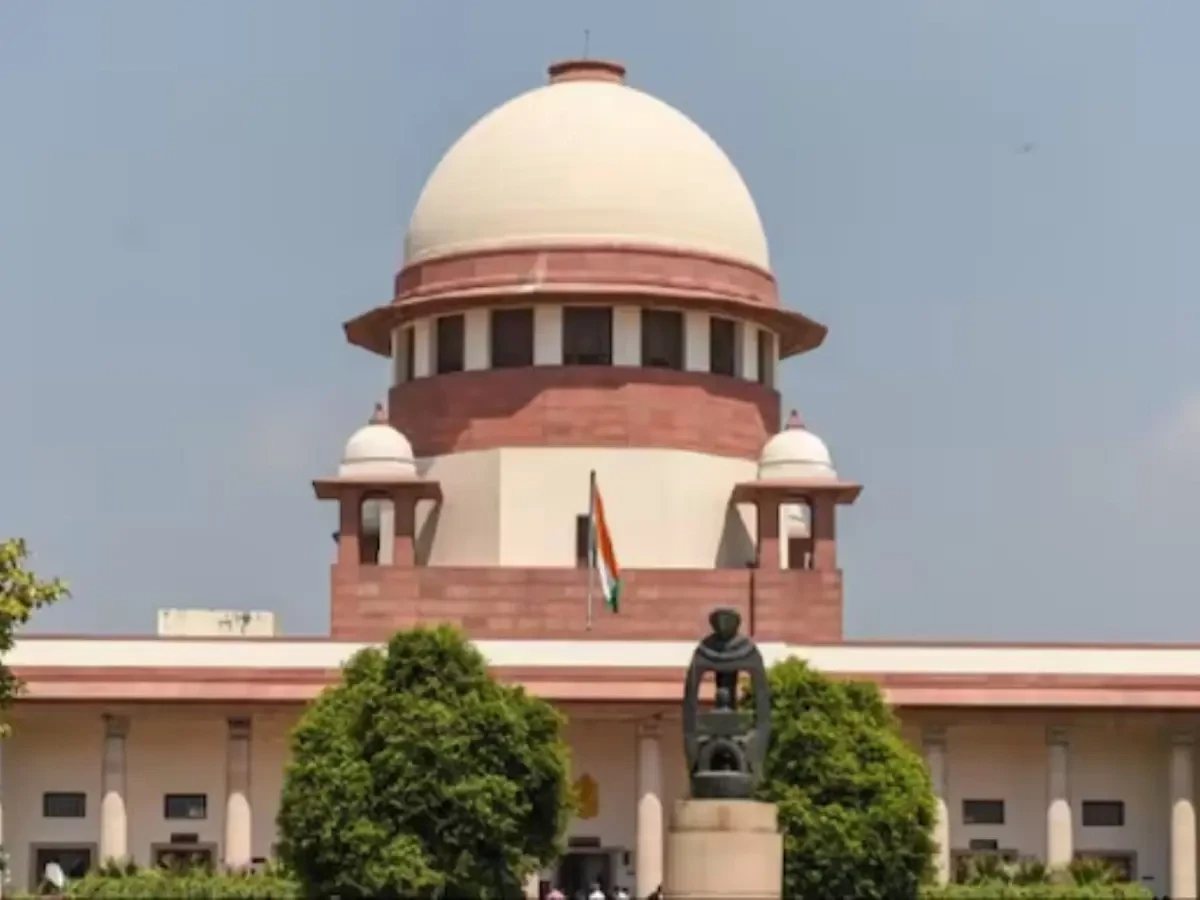the Supreme Court strongly criticised states and Union Territories (UTs) for failing to submit progress reports on the implementation of the Animal Birth Control (ABC) Rules, 2023. The court warned that senior bureaucrats could face personal accountability if the stray dog issue is not addressed while ensuring the welfare of both humans and animals.
A bench led by Justice Vikram Nath directed the chief secretaries of all states and UTs to appear before the court on November 3, providing reasons for the delay in submitting compliance affidavits despite having been given ample time.
Telangana, West Bengal, and the Municipal Corporation of Delhi (MCD) were the only entities to have filed reports, sparing the chief secretaries of these regions from attending in person, though Delhi’s chief secretary must still appear.
The court expressed frustration, pointing out that three months had passed since August, when the states were asked to report on their progress in implementing the ABC Rules, which require local bodies to execute sterilization and anti-rabies programs under the catch-neuter-vaccinate-release model. Justice Nath emphasised the global reputation of the country is being affected due to the ongoing incidents related to stray dogs.
Supreme Court vs Stray Dogs
The bench, which also included Justices Sandeep Mehta and NV Anjaria, highlighted that the non-compliance was widely reported, questioning whether state officials were aware of the public discourse surrounding the matter. The Supreme Court is overseeing this case suo motu, with the goal of crafting a national policy for the management of stray dogs. This matter was expanded in scope in August, with all related cases from high courts being transferred to the apex court for consolidation.
During the hearing, senior advocate Sidharth Luthra, representing animal rights activist Gauri Maulekhi, presented a compilation of best practices from other jurisdictions to assist the court. Additionally, senior advocate Abhishek Manu Singhvi, representing an NGO involved in dog sterilization efforts, offered to help the court devise an effective solution.
The bench also responded to concerns raised about animal cruelty, clarifying that the court’s focus was on balancing animal welfare with public safety. “What about cruelty to humans?” the bench asked, stressing the need for a solution that addresses both concerns.
In a previous order issued on August 22, the court modified a directive by a two-judge bench regarding the mass capture of stray dogs in Delhi and neighboring areas, ruling that it was too harsh. The updated guidelines adhered to the ABC Rules, allowing for sterilization and vaccination of stray dogs, followed by their release back into their localities, except in cases involving rabies or aggressive behaviour.
What did the Supreme Court order say?
Furthermore, the court had mandated the creation of designated feeding spaces in every ward, prohibiting feeding stray dogs in public streets and residential areas, with legal action to follow for violations. Municipal authorities in Delhi, Noida, Ghaziabad, Gurugram, and Faridabad were directed to implement mass capture operations while ensuring the treated dogs were returned to their areas.
In response to public concern over a series of dog attacks, including the tragic death of a young child, the court had previously stepped in to address the issue, overriding a previous order that was criticised by animal welfare organizations for potential cruelty. The Chief Justice later reassigned the matter to Justice Nath’s bench to find a balanced approach that considers both animal protection and public safety. The court had also directed animal welfare organisations and petitioners to contribute ₹2 lakh and ₹25,000 to the Supreme Court registry to help fund the development of infrastructure for managing stray dogs.
